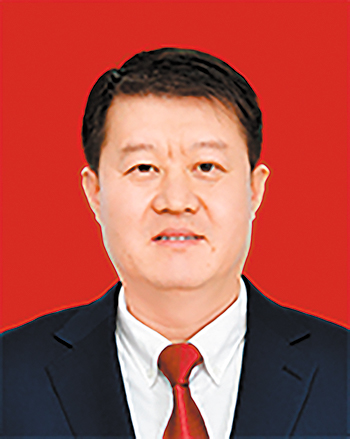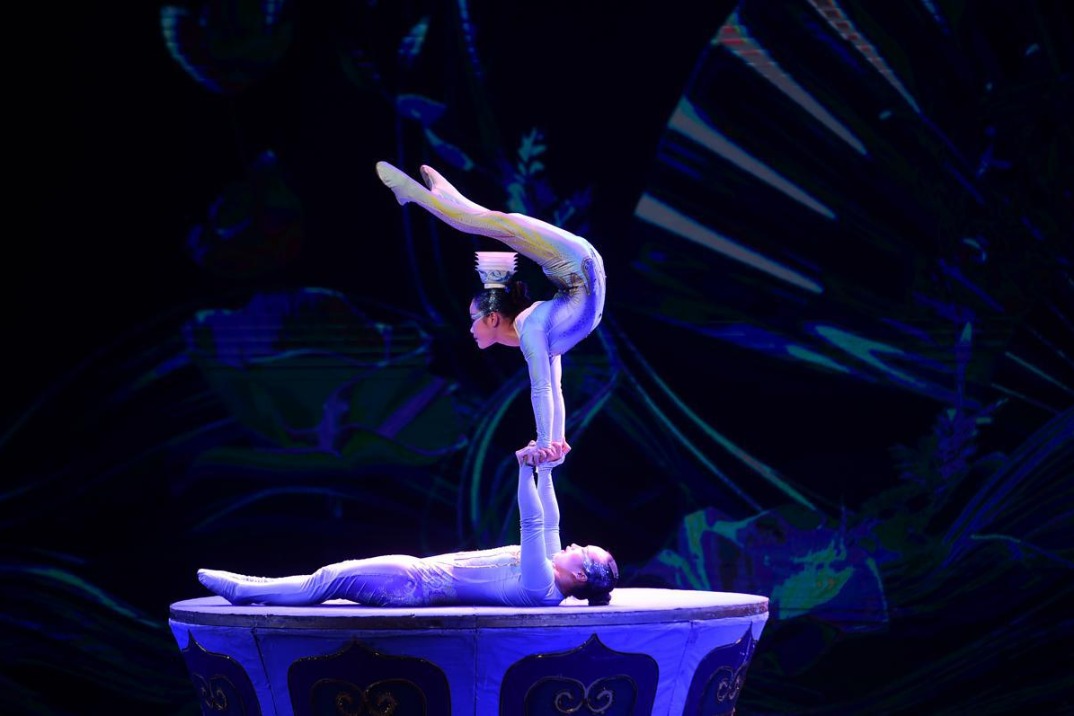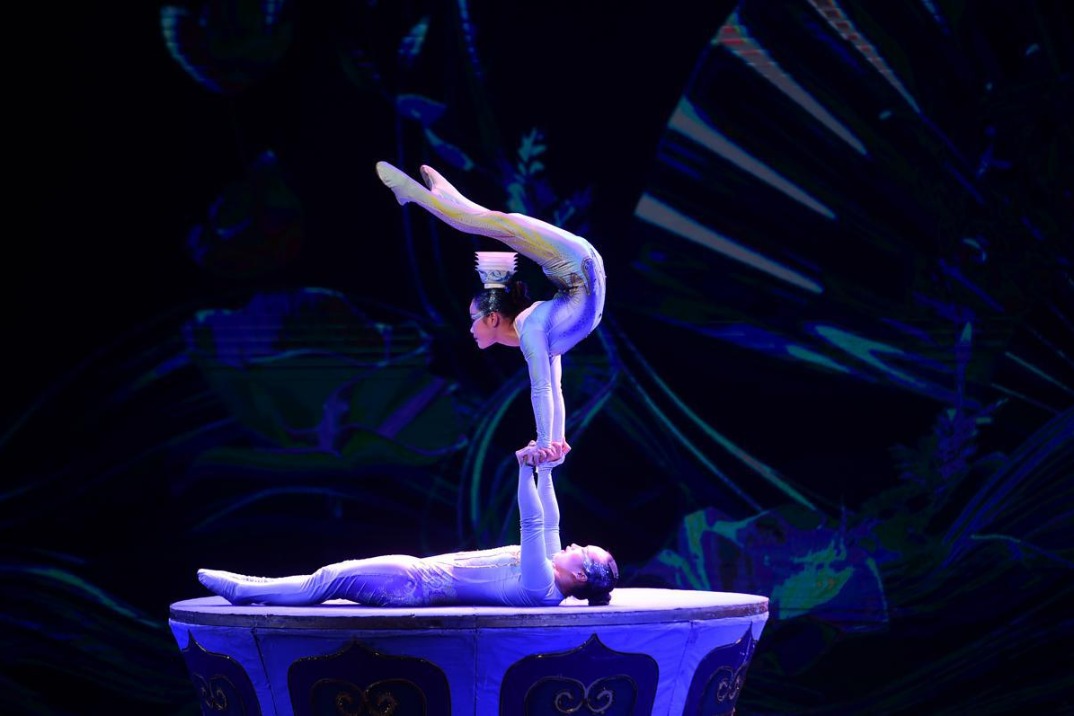Shanxi to expand decades-long medical aid in Africa


Shanxi province is expanding its overseas medical aid efforts as it promotes a Sino-African health community while continuing to advance high-quality development in its own health sector, according to Zhang Bo, director of the provincial health commission.
Since 1975, Shanxi has provided medical aid to five sites in Cameroon, Togo and Djibouti, Zhang said. To date, the province has dispatched 70 medical teams with 1,466 people who have treated more than 5 million patients in the three countries. Among the medical professionals, 404 have received honors such as the Knight Medal, the Independent Medal and the Outstanding Contribution Award.
From 1963 to August 2024, China dispatched 25,000 medical workers to 48 African countries, treating about 230 million patients, according to the National Health Commission.
In June last year, Shanxi sent its 23rd medical aid team, consisting of 12 members, to Djibouti. Over the past year, the team has treated more than 30,000 outpatients, provided acupuncture and massage therapy to over 9,000 people, performed more than 3,000 surgeries and handled over 2,000 emergency cases. The team also completed a series of new technology projects, filling local gaps in medical services.
"All team members have demonstrated the spirit of Chinese medical teams through their noble ethics and superb skills," Zhang said. "They have provided high-quality services to local people, earning praise from the Djiboutian government, local residents, the Chinese Embassy in Djibouti and Chinese institutions there."
Wang Yinzhen, head of the team based in Djibouti, said the mission was a source of pride and responsibility. "We fully realized the responsibilities on our shoulders, which involve not only our professional mission but also the image of our team, our patients and our nation," Wang said.
Through clinical practice and training sessions, team members shared knowledge and skills in traditional Chinese acupuncture, Western surgical techniques and diagnoses of complex diseases with local medical staff members, Wang said, helping to elevate the Djiboutian medical workers' capabilities.
Of the 12-member team in Djibouti, nine are from Jin Cheng People's Hospital, and they made use of both Western and traditional Chinese medicine. Wang Xia, director of the hospital, said the team showed "extraordinary courage and profound professional competence" on the front lines of overseas aid.
"In the future, we will continue to improve overseas aid by closely collaborating with local hospitals, enhancing communication, and providing mentoring and assistance while treating patients," Wang Xia said.
In recent years, the Shanxi Provincial Health Commission has been offering more types of aid and launching new cooperation mechanisms. In February 2023, Shanxi launched a cataract blindness elimination project in Djibouti. Despite challenges such as high temperatures, language barriers and equipment shortages, five teams with 39 medical workers from Shanxi performed eye exams on 7,741 people and conducted 4,696 cataract surgeries.
"The patients ranged from 12 to 100 years old," Zhang said. "Our highest daily outpatient volume reached 133, with the highest daily surgical volume at 50."
Shanxi's aid has also focused on training local medical workers, providing a "hematopoietic" model to build long-term capacity. Through one-on-one mentoring, lectures, technical training, inviting foreign medical workers to Shanxi and sending experts to teach abroad, the province has helped cultivate local professional talent.
As one of the birthplaces of Chinese civilization, Shanxi has a rich TCM tradition, with 1,788 medicinal materials, Zhang said. Since 2019, the province has invested nearly 500 million yuan ($69.8 million) in special funds to advance traditional Chinese medicine under its strategy to develop itself into a strong TCM hub.
- World's first in-situ diameter-adjustable tunnel boring machine rolled out
- A date with Shandong: Adventures in Confucius' hometown
- Avatar meets reality
- Drone show lights up night sky with characters from classic Chinese film
- Shanghai police crack down on illegal drones
- Liu Haixing named head of International Department




































